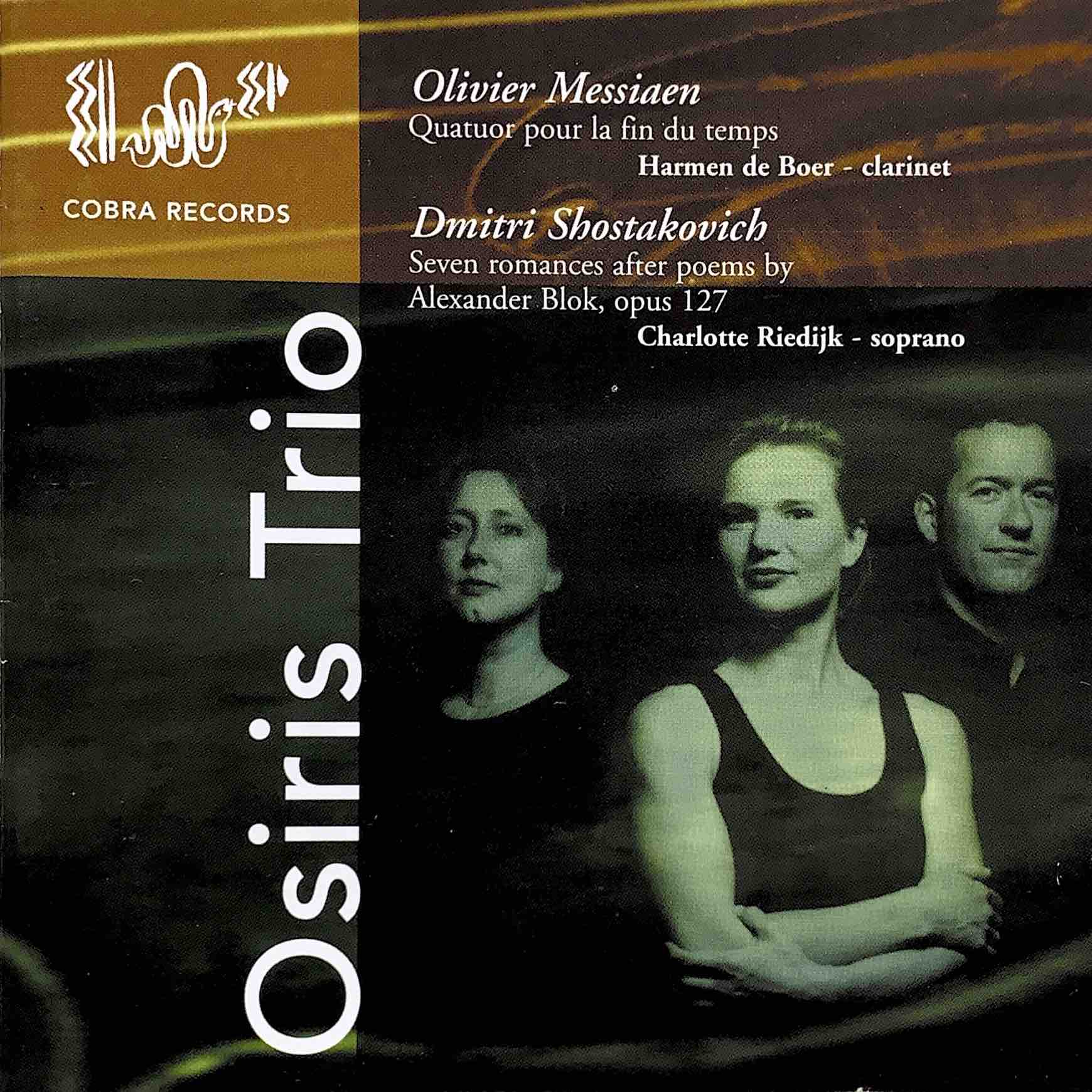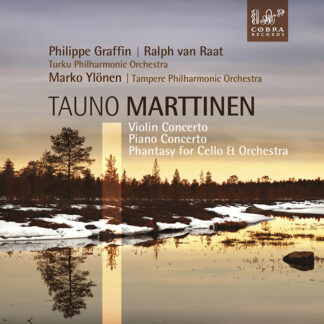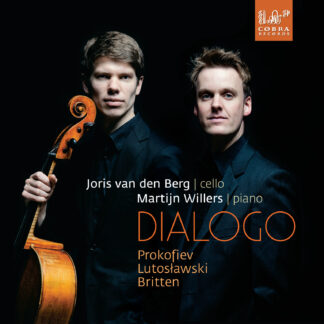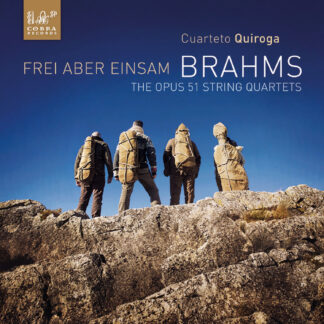Messiaen & Shostakovich
Price range: €8.99 through €12.99
Price range: €6.74 through €9.74
Description
OSIRIS TRIO
It is tempting to link Dmitri Shostakovich’s (1906 – 1975) opus 127, Seven Romances after poems by Alexander Blok (1967), to the Quatuor pour la fin du temps which Olivier Messiaen (1908 – 1992) completed a quarter century earlier. The unusual setting of both pieces the piano-trio expanded respectively with voice and clarinet. – and the multiple movement form in which the different combinations that these settings allow, are used alternately. Such manner of composing is unprecedented in chamber music repertoire. These pieces should be considered among the best works by Messiaen and Shostakovich.
Considering that both pieces were created during extremely difficult times, and taking into account their programmatic design, one could safely suggest that there is ample ground to speculate on a possible bond.
The origins of Quatuor pour la fin du temps are exceptional. Messiaen composed the piece in captivity; it was premiered on January 15, 1941 in Stalag VIII A, a camp in what was once the eastern part of the German Reich. “Never has my music been listened to with more attention and understanding as during that occasion”, the composer would later say. The thought of five thousand numbed prisoners of war and their guards listening to the composer and three fellow POW’s perform this piece on second-rate instruments, lends a mythical meaning to this work.
However. Quatuor cannot solely be understood by the conditions under which it came to life. Nothing less than the end of times is heralded, moreover Messiaen uses techniques that would return in his later work. In Quatuor a blackbird and a nightingale appear for the first time and with that many of the other birds that would permeate Messiaen’s later work. The parallel use of tonal systems originating from both Indian and Gregorian traditions as well as Western tradition, a sophisticated variation of mono- and polyphony, a combination of harmonic. changes and extreme tempi, the association of sound and color, the play of rhythmic layering. For the very first time all musical components are present which will make Messiaen one of the greatest composers of his time.
The Osiris Trio was founded at the end of the 1980s, at a time when the interest among young musicians in classical piano trios was on the wane. Pianist Ellen Corver, cellist Larissa Groeneveld and violinist Peter Brunt had each won their spurs in the diverse styles and genres of their discipline. After their debut in the Amsterdam Concertgebouw, playing, amongst other pieces, Mendelssohn’s second trio, the new piano trio had a fiery development and was awarded the recently-established Philip Morris Finest Selection Prize in 1992.
An ever-increasing number of concerts enabled the musicians to broaden their repertoire and to equip themselves with a solid foundation. In 1997, the trio was once again awarded a well-endowed honour: the Annie Bosboom Award from the Kersjes van de Groenekanfonds. This award facilitated further developments in their international career.
Additional information
| Format | |
|---|---|
| Type | |
| Label | |
| Artists | |
| Composers |





